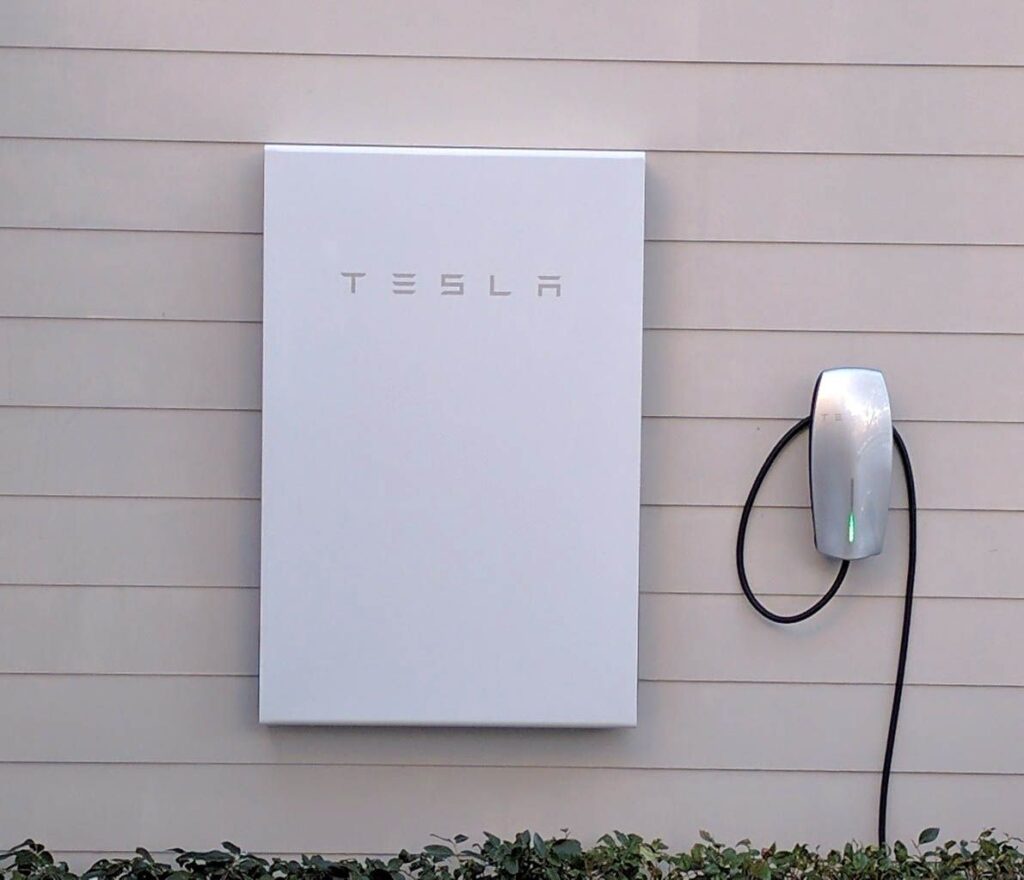As some of you already know, a battery energy storage system (also known as BESS) is a new technology that enables users to leverage energy whenever they need to. It works by collecting electrical energy directly from the grid and saving all of this energy into the battery. That way, the user can release this energy whenever he needs to do it.

A battery system can offer different services, like arbitrage and firm capacity. These two are really useful and important to the user since it helps them to use in an efficient way their BESS.
Arbitrage is the process of charging the battery when energy prices are very low and that way the user can discharge it during more expensive hours. For the BESS operator, this means more income by taking advantage of energy prices which vary several times in one day. Additionally, leveraging this service also helps to reduce renewable energy curtailment.
System workers and project developers have an interest in using as much low-cost, emissions-free renewable energy generation as possible; but in systems with a growing share of variable renewable energy (also known as VRE), limited access to conventional generators, and temporal mismatches between renewable energy supply and electricity demand. For instance, excess wind generation. This type of case will require renewable generators in order to curtail the output by charging the battery during the low-cost periods and discharging it during high-demand periods. But this can only happen to leverage a battery energy storage system (BESS) that can save and provide energy whenever you need to.
Besides this, there’s another great service provided by BESS. This is called firm capacity or peaking capacity. It consists of ensuring that the BESS has an adequate supply of generation capacity to be charged during these high peak hours. This peak demand is typically met with many higher-cost generators. Although, depending on the shape of the load curve, BESS can also be used to ensure the correct peaking generation capacity process. Meanwhile, VRE resources can also be used to meet this requirement; these resources do not typically fully count toward firm capacity, as their generation relies on the availability of various resources.
There are some capacity requirements in order to pair with BESS. Pairing VRE resources with BESS can enable these resources to be used and shift their generation to be conscious with high demand, improving their capacity value and system reliability.
Taken from: Grid – Battery storage FAQ
